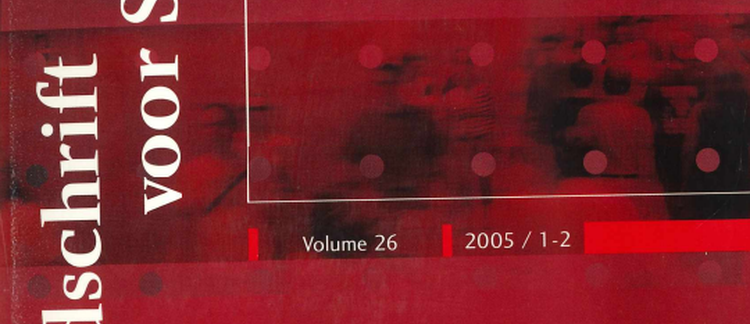Abstract
In 1997, the Flemish authorities launched an experiment with Personal Assistance Budgets (PABs) for disabled persons. The objective was to introduce a more demand-based care by supplying the disabled with money to appoint individual caregivers instead of providing them with care in kind. In this paper, we evaluate this experiment following a strictly experimental design. Participants were randomly assigned to receive either a PAB or care in kind. Both the budget group and the control group were interviewed before and after the introduction of the PABs. In spite of the small numbers involved, the experiment was designed to allow an evaluation of the PABs’ effects. We may conclude that the results are rather positive for the budget clients. Nevertheless, the composition of the experimental groups imposes constraints for a projection of the results to the whole population of disabled persons, not in the least because the experiment failed to reach people in residential care.
How to Cite:
Breda, J. & Schoenmaekers, D., (2005) “Persoonlijke-Assistentiebudget als beleidsinnovatie: een evaluatie aan de hand van een experimenteel onderzoeksdesign”, Tijdschrift voor Sociologie 26(1-2), 15–37. doi: https://doi.org/10.21825/sociologos.86625
Downloads:
Download PDF
View PDF

